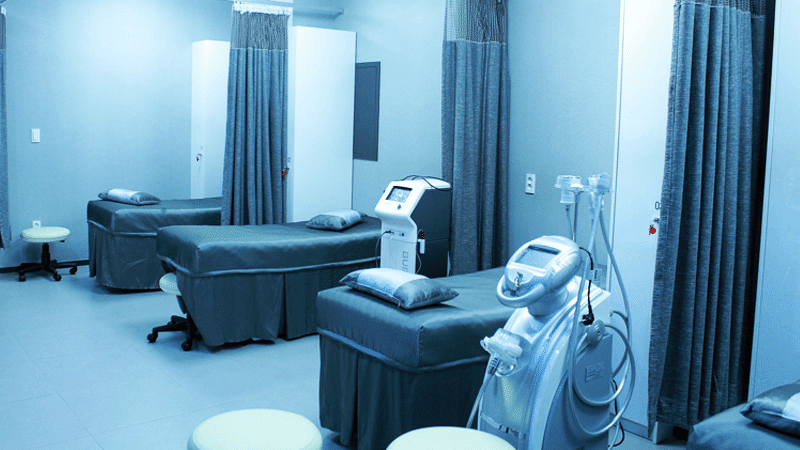Plans to allow doctors to end the lives of patients with severe dementia or other degenerative diseases have been proposed by the British Medical Association (BMA).
A recent court ruling allowed doctors to remove “clinically-assisted artificial nutrition and hydration” from some patients with the family’s agreement.
These proposals go much further. The BMA wants to extend it beyond those who are minimally conscious and dying imminently to patients with more common conditions, even where they could continue to live for years.
‘Chilling’
The document says the rules should apply to patients with recognised degenerative conditions such as advanced dementia, Parkinson’s or Huntington’s disease or stroke patients with “rapidly progressing brain injury”.
Spinal muscular atrophy patient Sian Vasey, 62, described the BMA’s proposals as “the most chilling thing I have ever heard”.
She said: “If I reach the point where I can’t eat, drink or talk then I am in trouble.
“It is already the case that I can’t feed myself. If the talk goes I would have to rely on somebody to speak for me. It’s a nightmare.”
She added: “Often people are admitted to hospital unable to speak or move, but they get better. Under these rules, many will not have a chance to get better.”
Cover-up
The proposals have also been slammed by doctors.
Professor Patrick Pullicino called the BMA’s plan “terrible”.
Under the proposals, doctors would be instructed to report that a patient died as a result of their original condition, rather than from having their nutrition and hydration removed.
Prof Pullicino said this “directs doctors to falsify death certificates. It tells doctors to put down the pre-existing condition and not that they died of dehydration.
“It will totally conceal the statistics of patients who are being dehydrated to death.”
‘Euthanasia by stealth’
Care Not Killing’s Dr Peter Saunders said the plan was a recipe for “euthanasia by stealth”.
He said: “There are conceivably tens of thousands of patients in England and Wales who are vulnerable to the use and abuse of this guidance.
“It will be almost impossible to work out what has happened in a given case and there are no legal mechanisms in place for bringing abusers to justice.”
Terrifying ordeal
The recent Supreme Court ruling which gives doctors the power to end a patient’s life without court approval has also been heavily criticised.
Nikki Kenward was in a ‘locked-in’ state for five months, unable to move anything except her right eyelid, but eventually made a major recovery and returned home.
She explained that, had the ruling been in place before her terrifying ordeal, “it could have been me that faced death by dehydration and starvation”.
She said the Supreme Court’s decision puts “unacceptable power in the hands of doctors and relatives”, and displays “a callous disregard for human life”.


